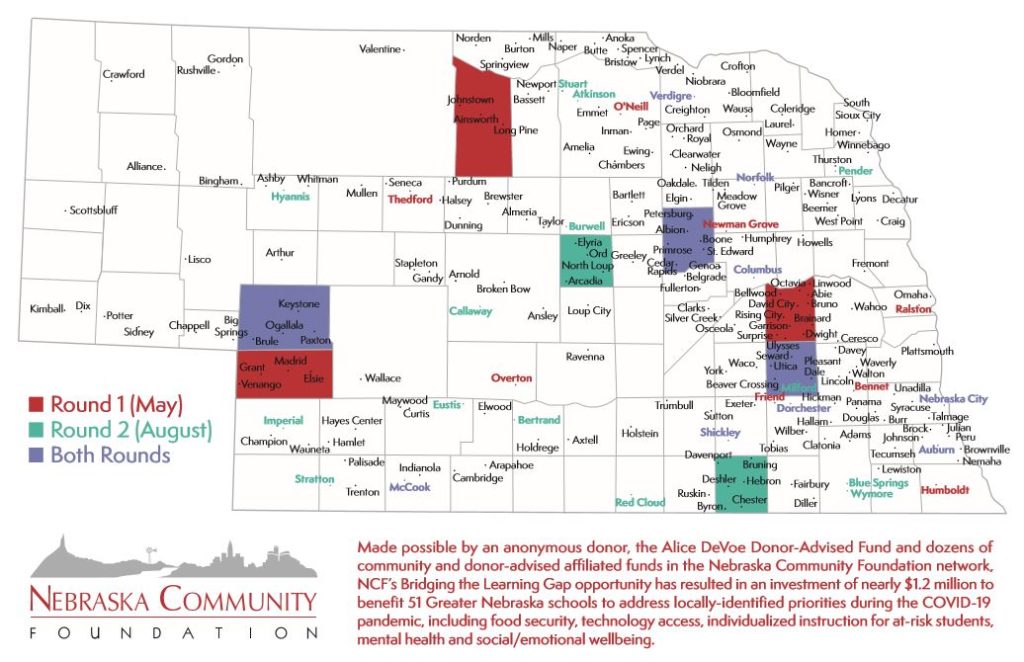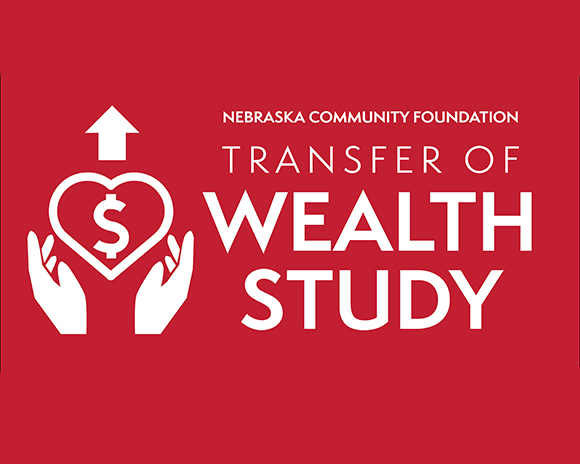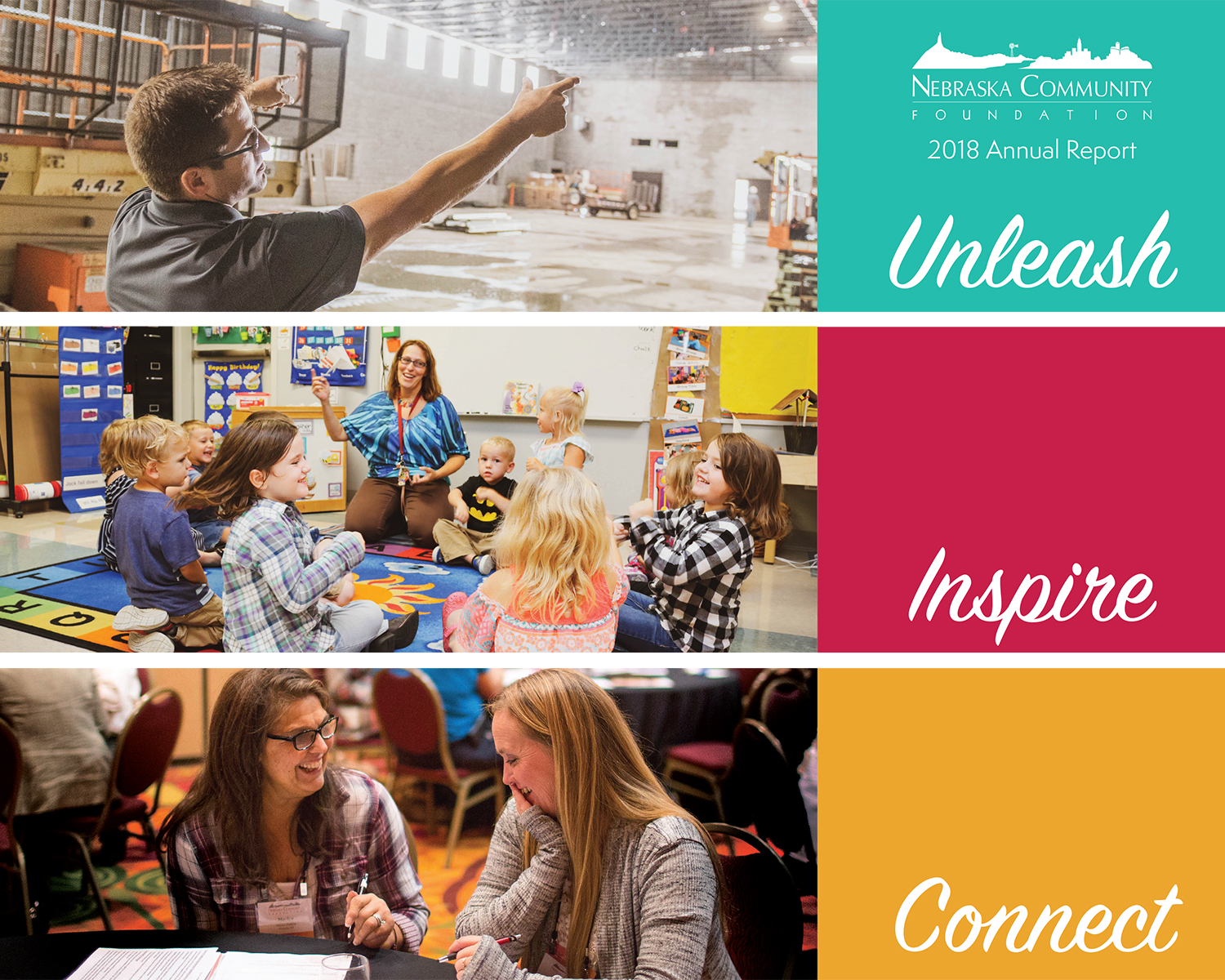
Nebraska philanthropists, nonprofit organizations, businesses, generous families and individuals have come together through Nebraska Community Foundation’s Bridging the Learning Gap effort to invest a total of nearly $1.2 million in 51 Greater Nebraska schools. Available exclusively to affiliated funds in the Nebraska Community Foundation (NCF) network, the initiative was capitalized by an anonymous donor and the Alice DeVoe Donor-Advised Fund, an affiliated fund of Nebraska Community Foundation, as well as several NCF donor-advised funds, and numerous local donors who have stepped up to help meet the 1:1 local funding match required of the opportunity.
The first round of funding, announced in May, resulted in over $263,000 of grants to schools across the state. The second round of funding (detailed below), included a $304,117 investment from the anonymous donor and the Alice DeVoe Donor-Advised Fund, as well as a combined $25,592 investment from a handful of local donor-advised funds, affiliated with Nebraska Community Foundation. When all match funding is secured, the total investment will exceed $1,186,000.
Born out of the Covid-19 pandemic, Bridging the Learning Gap provides funding to schools seeking assistance with computer equipment, software and internet access, as well as programs and initiatives aimed at eliminating student inequities like personnel costs for individualized instruction for at-risk and special education students; unfinished social, emotional and intellectual learning; professional development for educators; mental health services and community engagement with students.
“The first round of applications was highly focused on putting devices in the hands of students as they made the transition to remote learning,” said Jeff Yost, president and CEO of Nebraska Community Foundation. “In round two, we saw a notable increase in applications aimed at providing mental health resources and efforts to support unfinished learning as a result of classrooms going virtual.”
Grants were approved and allocated by a committee of six volunteer NCF affiliated fund leaders who have educational expertise, including teachers, administrators and school board members. All applications received funding. Importantly, learning gap needs were identified locally by school leadership, as were proposed solutions.
Nebraska Community Foundation affiliated funds to receive funding for local schools in round two include:
- Auburn Public Schools Foundation Fund to purchase Chromebooks and virtual learning software for special education students ($5,000)
- Bertrand Area Community Fund to provide support to local students dealing with impacts of the pandemic ($5,000)
- Boone County Foundation Fund to purchase devices, software, a social-emotional health screener and mental health curriculum as well as provide professional development and support to special education students, ($17,600)
- Calamus Area Community Fund to purchase Chromebooks, equipment, software and provide professional development for virtual learning ($9,538)
- Callaway Community Fund to purchase mobile hotspots ($1,000)
- Columbus Area Future Fund to purchase protective cases for iPads ($3,520)
- Dorchester Community Foundation Fund to purchase Smartboard interactive whiteboards ($15,400), plus $2,500 in additional support from First State Bank Nebraska Donor-Advised Fund
- Eustis Area Community Foundation Fund to purchase Chromebooks ($5,000)
- Foundation for Thayer County Health Services Fund to launch a behavioral health program and address student mental health needs ($20,000)
- Hebron Community Foundation Fund to launch a behavioral health program and address student mental health needs ($20,000)
- Hyannis Area Community Foundation Fund to purchase iPads ($10,000)
- Imperial Community Foundation Fund to purchase iPads and Swivl technology ($19,902)
- Keith County Foundation Fund to provide mental health resources, to purchase Logitech Crayon Pencils and provide internet access to disadvantaged students ($10,000)
- Legacy Fund for Seward County to purchase iPads, software, sanitizing equipment; provide professional development and to compensate an additional school nurse ($4,400), plus $15,000 in additional support from the John and Darlene Wood Family Donor-Advised Fund
- McCook Community Foundation Fund to purchase iPads and to hire a staff person to support students disproportionally affected by the pandemic including mental health needs ($17,600)
- Milford Public Schools Foundation Fund to purchase Chromebooks and laptops ($20,000)
- Nebraska City Community Foundation Fund to purchase software, licenses, and provide professional development to teachers and mental health services to students ($17,600)
- Pender-Thurston Education & Community Foundation Fund to purchase devices, software, internet access, face masks and shields, thermometers and sanitizing products ($20,000)
- Red Cloud Community Foundation Fund to purchase iPads, improved internet access and virtual learning software ($10,000)
- Shickley Community Foundation Fund to purchase iPads and sound amplification systems for the hearing impaired ($11,742)
- Stratton Community Foundation Fund to purchase iPads, Swivl technology and other equipment ($5,000)
- Stuart Community Foundation Fund to purchase tools and curriculum to support social and emotional wellbeing among students ($20,000)
- Valley County Community Foundation Fund to purchase software and programs targeted at eliminating the learning gap and supporting remote learning, devices and to provide mental health support including a therapy dog ($15,000)
- Verdigre Community Foundation Fund to compensate special education professionals ($16,720)
- Wymore-Blue Springs Area Fund to purchase Apple TVs, charging systems and projectors ($4,095)
Atkinson Community Foundation Fund received $5,592 from the Paul and Karen Seger Family Fund to purchase laptops and equipment.
Norfolk Area Community Foundation Fund received $2,500 provided by Rudolph R. Elis Donor-Advised Fund to purchase mobile hotspots and service plans.


